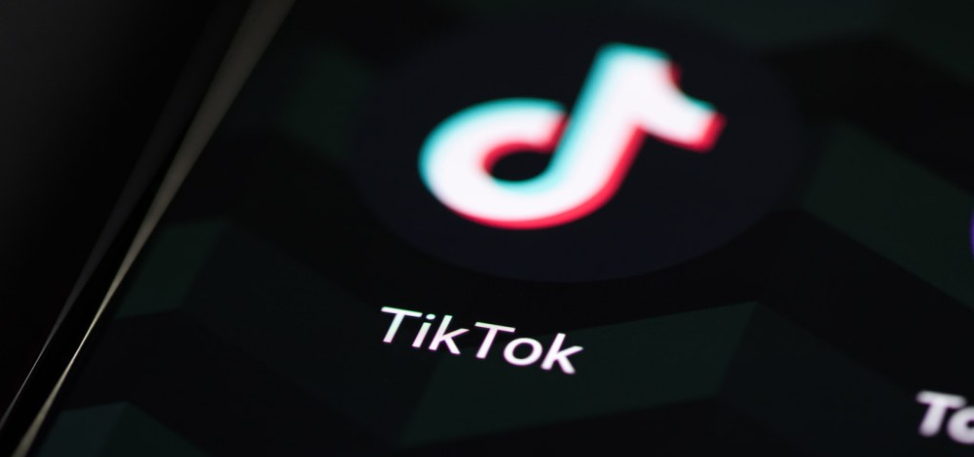One such version is TikTok Lite, a streamlined, data-saving variant designed for users with limited internet connectivity or less powerful smartphones. However, recent research conducted by the Mozilla Foundation has brought to light concerning disparities between TikTok's main app and its Lite version. These differences, particularly in the realm of user safety features, could potentially expose millions of users to significant risks.
Mozilla Foundation researchers discovered that TikTok Lite lacks several safety features present in the main TikTok app, raising alarm over the potential risks this entails. Notably absent in TikTok Lite are essential warning labels that flag AI-generated content, hazardous activities, health misinformation, political misinformation, and other misleading content. These labels are a crucial part of TikTok's broader strategy to tackle misinformation and deepfakes, yet they have not been applied to the Lite version.
Moreover, TikTok Lite does not employ the same mechanisms to block sensitive content that are found in its standard counterpart. The Lite iteration omits several features designed to enhance user safety and experience, including the ability to filter comments, manage screen time, and set content preferences such as "restricted mode" to filter out inappropriate content. This lack of functionality can potentially expose users to harmful, misleading, or inappropriate content without adequate warnings or the means to mitigate exposure.
The researchers argue that this trend of offering a substandard version of the app in economically disadvantaged areas mirrors a broader pattern of global inequity. The findings suggest that users in countries where TikTok Lite is most popular—such as South Africa, Indonesia, Mexico, Brazil, Egypt, and Pakistan—are at higher risk of encountering unsafe content. The Lite version has racked up millions of downloads, signifying not only its popularity but also the extent of its possible impact.
Interestingly, while the Android version of TikTok Lite has been scrutinized, little has been reported on the iOS variant. The latter is notably popular in Japan and South Korea, with Japan alone accounting for a substantial majority of its downloads. The researchers did not extend their study to examine whether similar safety oversights exist in the iOS version, leaving a gap in the comprehensive understanding of TikTok Lite's safety features across different platforms.
While TikTok Lite offers a valuable alternative for users with limited data or less powerful devices, its notable lack of key safety features presents critical concerns. The app's deficiencies in warning labels, content moderation, and user management settings potentially expose users in emerging markets to harmful and misleading content. This discrepancy raises important ethical questions about the standards of digital safety that large tech companies are willing to uphold across different regions. As TikTok's popularity continues to grow exponentially, ensuring that all versions of the app provide robust safety measures is imperative for protecting its global user base. The research by the Mozilla Foundation serves as a crucial reminder of the need for equity in digital safety standards, regardless of economic and technological divides.









